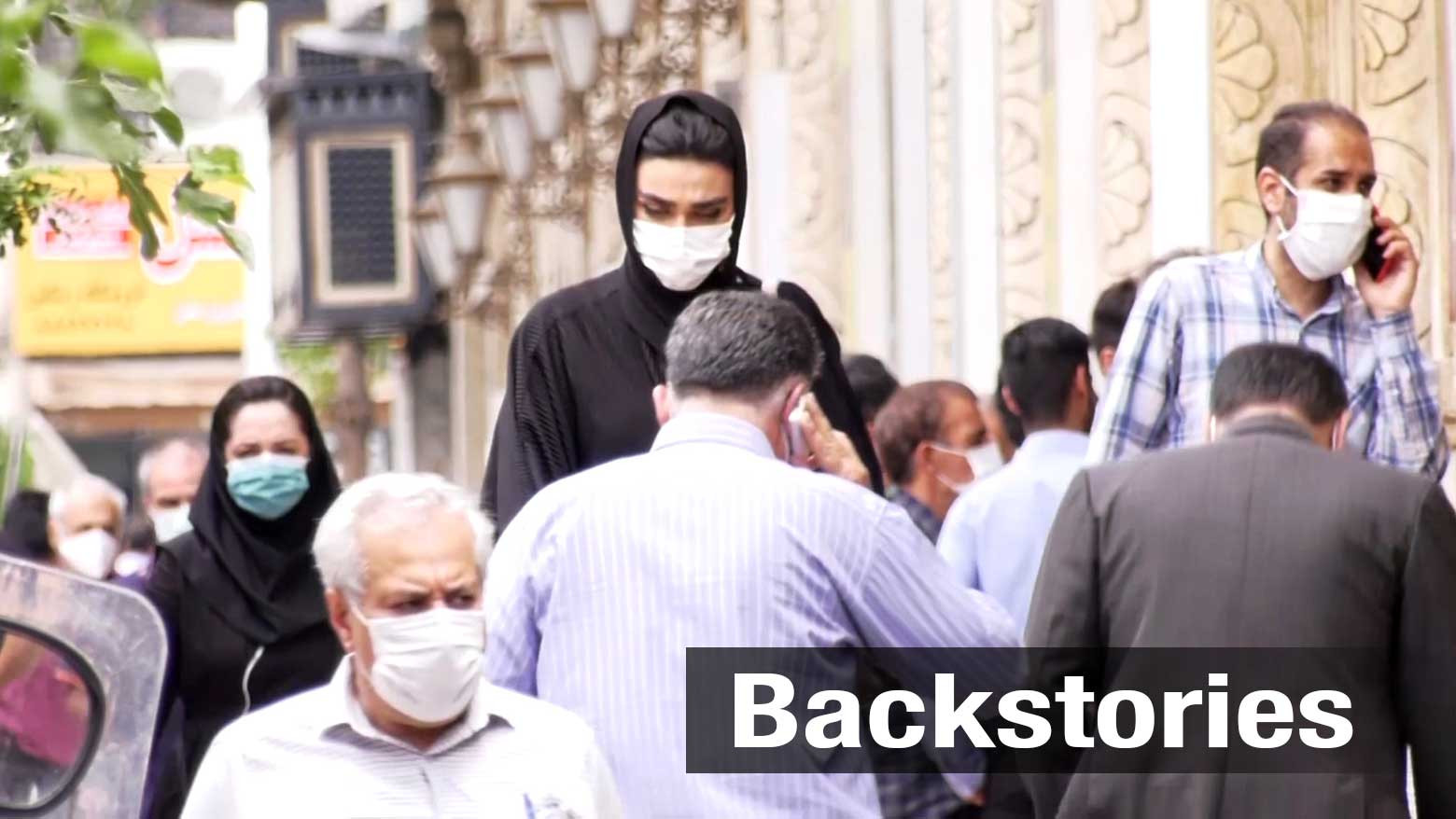On July 14, 2015, the six countries agreed to lift economic sanctions against Iran on the condition that the country drastically reduces its nuclear development program. It was cause for great optimism in Iran, but the feeling would come to a quick end three years later when US President Donald Trump unilaterally pulled out of the deal and reintroduced sanctions. Iran’s economy has been reeling ever since. And now the problems have been compounded by the coronavirus.
Optimism dashed
When the nuclear deal was reached in Vienna five years ago, Iranian journalists hailed Foreign Minister Mohammad Javad Zarif as a national hero. Some journalists even called it the greatest day of their career.
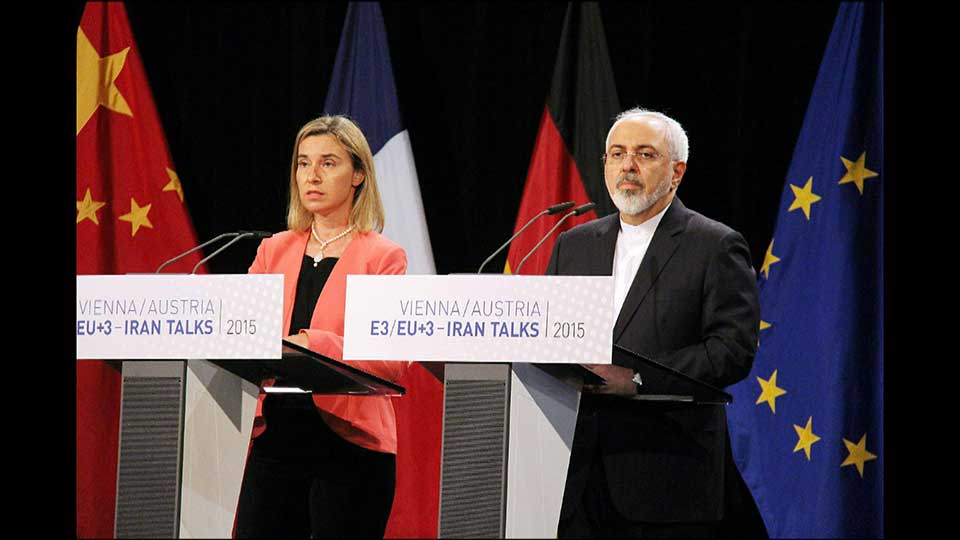
Within months, Iran was welcoming a flood of foreign businesspeople that wanted to invest or sell their products in the country. But the enthusiasm vanished the moment the US pulled out of the deal.
Sanctions and virus
When the sanctions kicked in again, the Iranian riyal began to plummet. At one point it had sunk to less than a sixth of its value three years earlier. And the soaring price of imports triggered crippling inflation.
And then the coronavirus struck. Iran has been hit harder than any other country in the Middle East. The government has allocated financial support for some citizens, but taking the economic problems into account, it appears to be insufficient.
Tehran-based taxi driver Mohsen Boroujerdi says his income has dropped 70 to 80% since the start of the outbreak.
He has been struggling to pay his rent, which has doubled since 2017 due to rapid inflation. His 12-year-old son started working to help make ends meet, but Boroujerdi says it still isn’t enough, so he has decided to send his family to live in the countryside while he tries to find a new home in the city. In the meantime, he plans to sleep in his taxi.
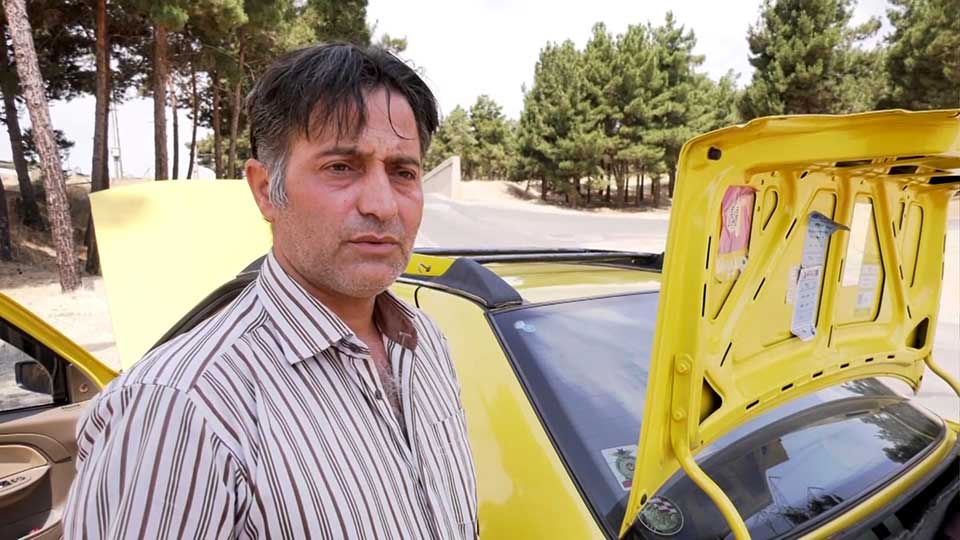
Entrepreneur Cyrus Razzaghi runs a consulting firm for foreign companies in Tehran. When the nuclear deal was struck, he says he received more inquiries from overseas firms than he could handle. But most of his clients canceled their projects after Trump pulled out of the deal. Razzaghi believes that the future of the Iranian economy will be largely determined by the result of the US presidential election in November.
"We are not seeking a deep friendship,” he says, “but at least a de-escalation and the first move is to somehow come back to the JCPOA by the next president or even this president."
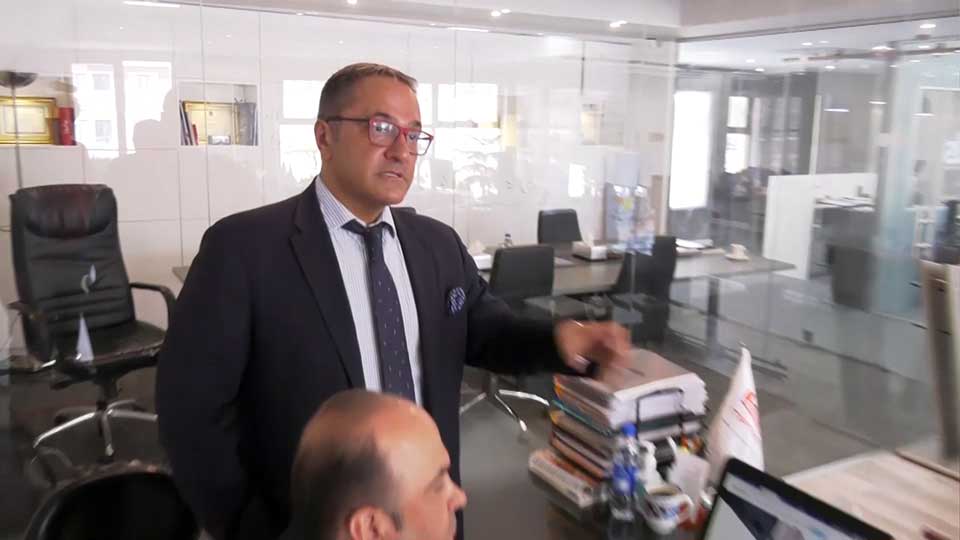
Anti-US feelings on the rise
For decades, hardliners in Iran said the US was unreliable and that negotiating with it was futile. Trump’s withdrawal from the deal seemed to prove them right, and anti-US sentiment in the country has been on the rise for the past two years. Yet, some people are still holding out hope for the removal of the sanctions, and expect some negotiations with the US government.
Significantly, Iran has not fully withdrawn from the JCPOA. This suggests that it hopes the deal can survive and that the sanctions can be lifted with a change in US policy or administration. As an Iranian official said last week, “The next few months until the US presidential election are very sensitive.”
An expert’s view
Keio University professor and Middle East expert Tanaka Koichiro spoke to NHK about the situation in Iran.
The last few years have been tough for Iran. How well do you think the country has responded?
Since 2017, the year that the Trump presidency started, the Iranian government has calculated that they would have to wait for the 2020 elections, meaning that President Trump would be voted out of office. That went quite well for them so far. The government has shown sort of a restraint and resistance.
But there have been three miscalculations.
One is the amount of oil that they have been exporting has been reduced to 200,000 barrels or even less, which is one fifth of what they expected to do. That is damaging to the economy.
The second point is the COVID-19 outbreak, which is adding to the burden on people's lives and the economy.
The third point is that the Iranian parliament, the Majlis, is now under the control of the hardliners, which would make it very difficult for the current administration, meaning President Rouhani, to navigate through a very tough moment. This Majlis is totally against the nuclear deal and also totally against any sort of a negotiation with the United States.
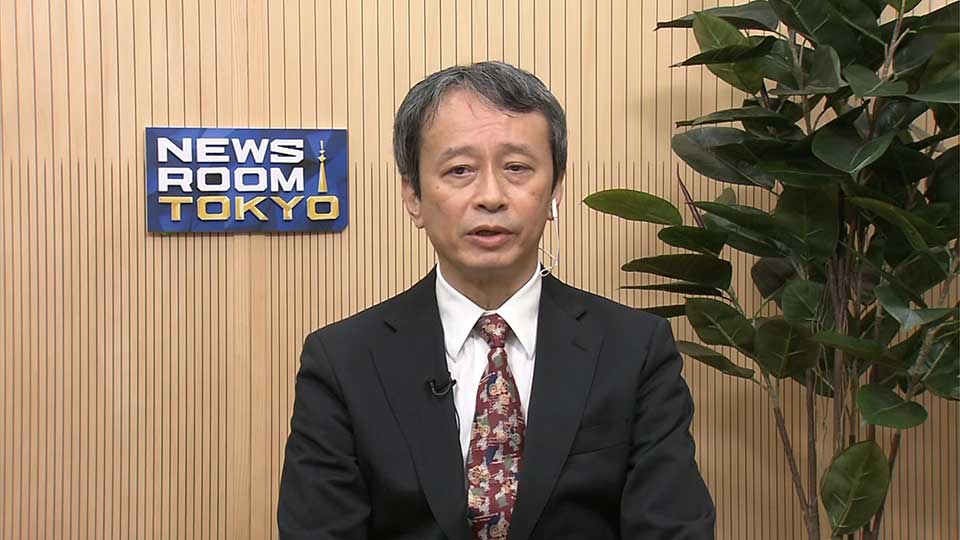
What should we expect over the next several months?
On October 18, the U.N. arms embargo against Iran is supposed to expire. The Trump administration is trying hard to not allow that to happen. And the administration has been trying to provoke Iran so it would retaliate and eventually this kind of a deal would fall apart.
As I understand, the Americans, the Israelis and Saudis are all on the same ship. They are trying to provoke Iran to respond to them. We’ve seen in the past weeks that there are some several suspicious explosions and fires erupting throughout Iran. And that may be an indication of this sort of provocation.
Is there any hope for a peaceful solution??
I think at least we can hope for the best for the November 3 election in the United States. If there is going to be a Biden presidency, maybe the Americans would come back to the nuclear deal. That may be a set of new ideas for Iran to respond to.
But you have to take into consideration that by the time when the Biden presidency starts, in January 2021, there's only four to five months left of President Rouhani's presidency. So if the next president in Iran is a moderate or a pragmatist, just like President Rouhani is, then the Iranian population would want to see some sort of understanding president in the United States. In that case, President Biden's inauguration speech or a speech addressing a joint session of Congress will be extremely important.
